Medically reviewed by
What is puberty?
Puberty is a stage of development that our bodies go through to reach sexual maturity. The physical and psychological changes that we experience during puberty prepare us for reproduction.
What causes puberty?
Puberty begins when a part of the brain, called the hypothalamus, begins producing pulses of gonadotropin-releasing hormone (GnRH). GnRH stimulates the pituitary gland (located just underneath the middle of the brain) to produce luteinising hormone (LH), which is released into the bloodstream. When LH reaches the testes, it stimulates the production of testosterone.
The production of testosterone by the testes is what causes the changes in growth and development that happen during puberty.
When does puberty occur?
Puberty usually starts between the ages of nine and 14 years old, and it normally lasts for five to six years. The timing of changes that occur during puberty is different from person to person.
The timing of puberty depends mainly on genetics but undernutrition, chronic diseases and excessive exercise can all cause a delay in puberty onset. Social factors, like where someone lives or their socioeconomic status, can also affect the timing of puberty.
Nutrition in early life affects the timing of puberty in complicated ways. Children with low birthweights (which indicates a lack of nutrients before birth) have earlier puberty than normal birthweight children. Children who are overweight or who have obesity also have earlier puberty onset, whereas severe obesity seems to delay the start of puberty in boys.
What are the signs and symptoms of puberty?
Puberty is a continual process but it can be divided into “Tanner” stages, which go from one (pre-puberty) to five (mature adult).
It’s not just the body that changes during puberty. There are also important changes that occur in the brain. Changes in emotions, thinking and behaviour happen over more than 10 years and continue past 20 years of age.
Subscribe to our newsletter

What happens during each stage of puberty?
Tanner stage 1
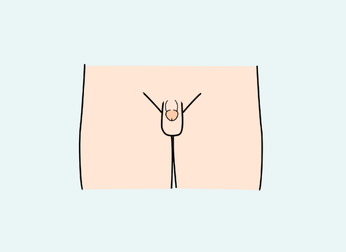
Tanner stage 2
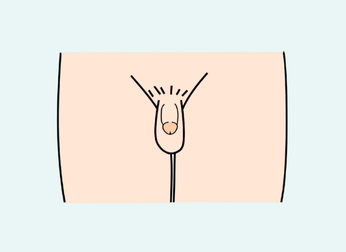
Tanner stage 3
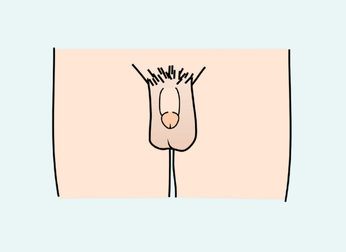
Tanner stage 4
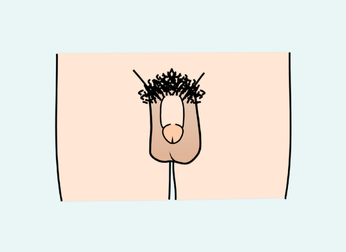
Tanner stage 5
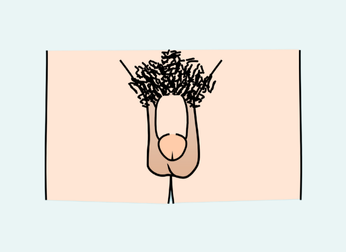
What to do if you have concerns about puberty
If you have concerns about puberty you should talk to your doctor. They can help to manage problems that might arise during puberty (e.g. acne, changes in mood) and refer you to a specialist for treatment of a medical cause of a problem with the timing of puberty.
Boys who begin puberty early (before nine years of age) may have an underlying medical cause that might need treatment. Early puberty is associated with increased risk of obesity, type 2 diabetes, cardiovascular disease, behavioural and emotional problems, risk-taking and reduced height.
Some conditions — like Klinefelter syndrome — can stop puberty before it finishes.
Using testosterone for performance or image enhancement during puberty will disturb normal development, with possible life-long negative effects on brain and body development.
In rare cases of abnormally early or delayed puberty, it may be necessary for a specialist medical practitioner to investigate hormonal problems. In some cases, a specialist will prescribe hormone treatment to delay or start puberty.
Images by M.Komorniczak licensed under Creative Commons. Some stylistic alterations have been applied














